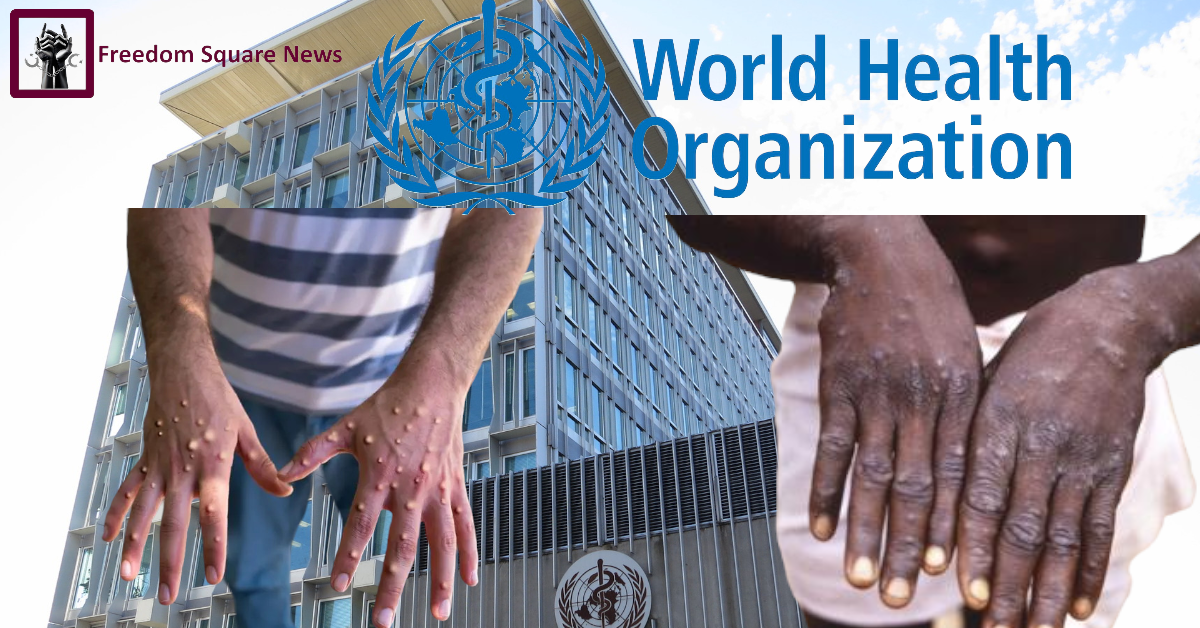In a move to revitalize and enhance healthcare services, the Ebonyi State government in South East Nigeria has initiated the distribution of operational vehicles to medical doctors across the 13 General Hospitals in the state.
This strategic initiative is aimed at motivating and supporting medical practitioners, particularly those operating in rural areas.
Governor Francis Nwifuru emphasized the importance of providing these vehicles to medical professionals during the flag-off ceremony, highlighting the need to encourage doctors working in rural communities. The Governor, represented by his Chief Press Secretary, Monday Uzor, urged the medical practitioners to utilize the vehicles for their intended purpose – delivering healthcare services to the people.
- Kano Allocates N8 Billion for “Mega Primary” Schools Construction
- Illegal Miners Blamed for Explosion in Ibadan, Oyo State
- EFCC Amends Charges Against Former CBN Gov, Godwin Emefiele
- Ebonyi State Boosts Healthcare Sector with Distribution of Operational Vehicles to Medical Doctors
- SUMAS pivotal to our drive for economic growth, research excellence – Enugu Commissioner

“The vehicle should be used for the purpose it’s meant for and cater for the health of the people. All the General Hospitals in the state have been provided with ambulances and should be parked right in the hospital, not for private use,” stated Uzor.
The distribution includes over 40 personal operational vehicles and ambulances allocated to the General Hospitals. The Governor’s administration is committed to prioritizing the health of Ebonyi residents, and providing operational vehicles to medical professionals aims to facilitate their work by ensuring mobility for effective service delivery.
Governor Nwifuru had earlier demonstrated his commitment to the healthcare sector by employing additional medical doctors upon assuming office. He pledged to improve infrastructure at the primary healthcare level and enhance the overall welfare packages for medical professionals, aiming to retain them within the state and prevent migration for better opportunities abroad.




